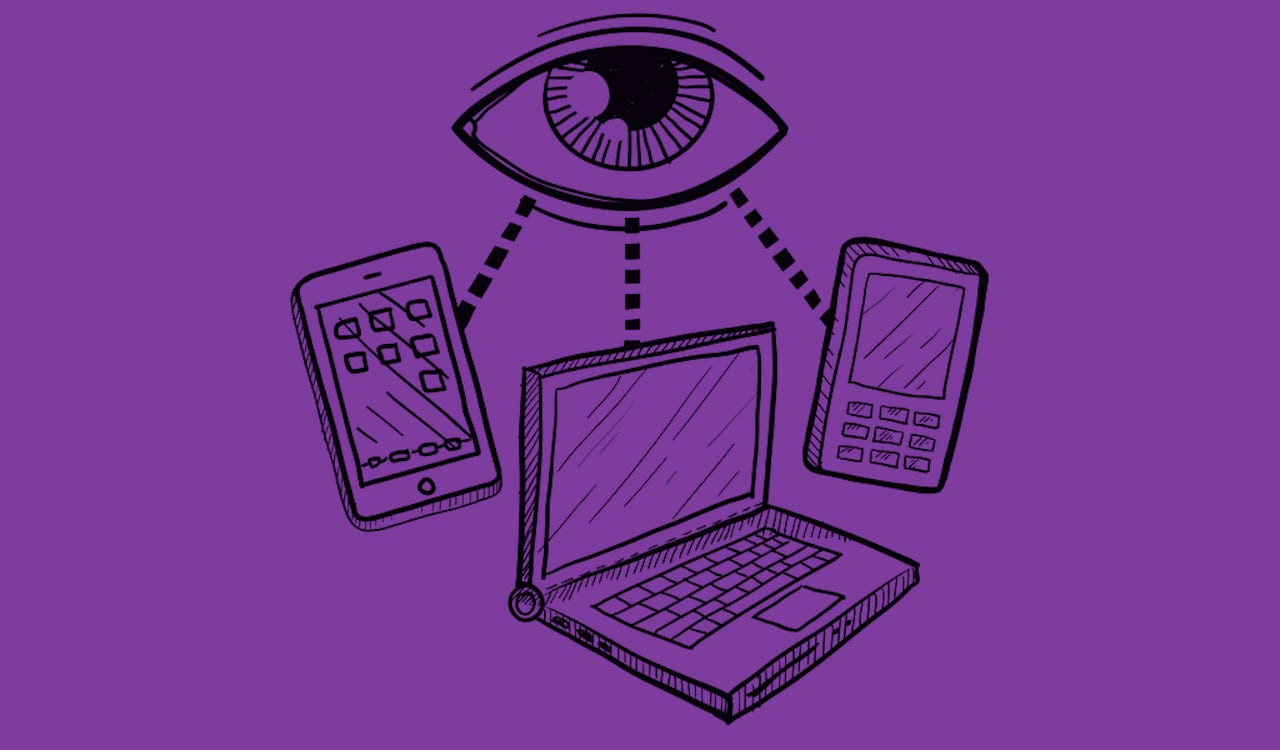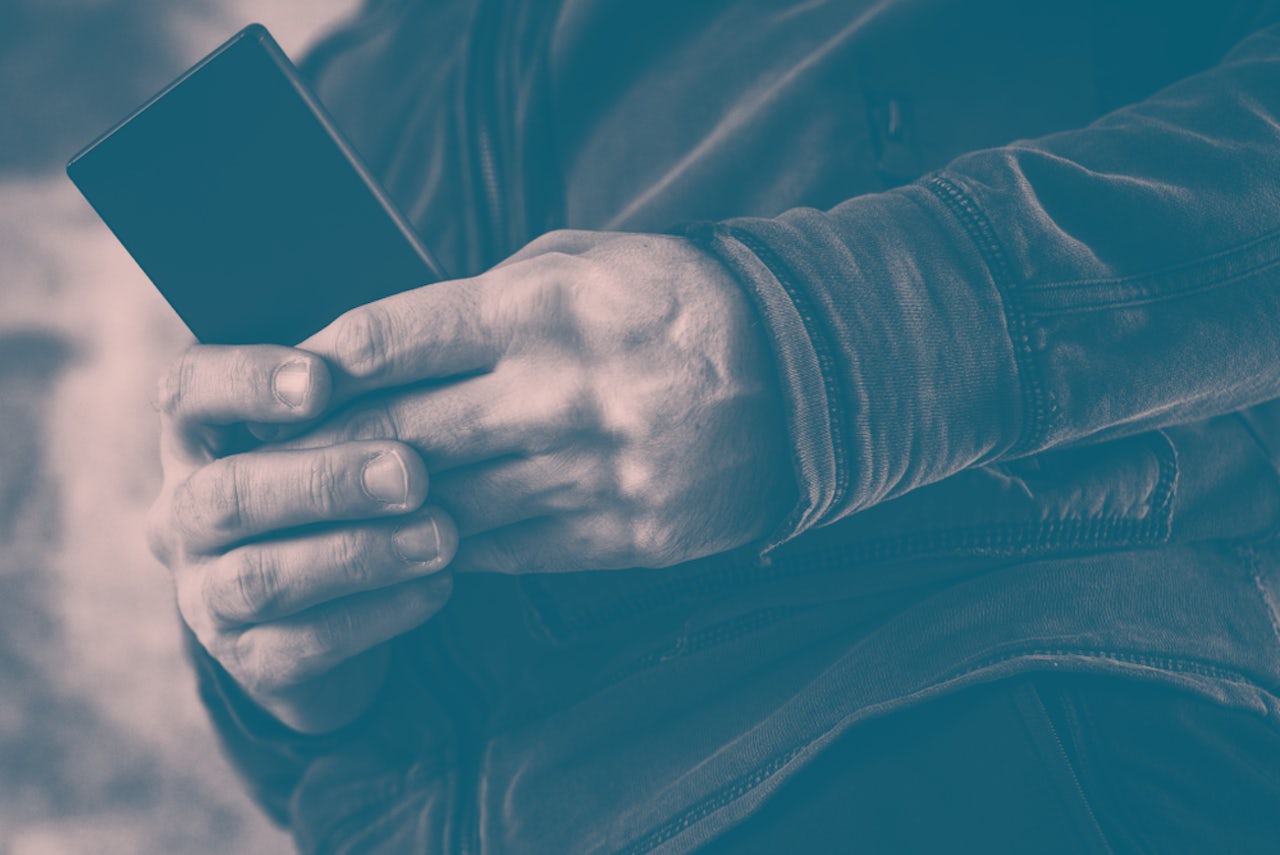The Supreme Court ruled Friday in a 5-4 vote that cell phone location data is protected by the Fourth Amendment. The landmark decision comes as a major victory for personal data protection of the average citizen’s rights against unreasonable digital search or seizure. The ruling will have profound effects on law enforcement and the government’s ability to retroactively obtain personally identifying information — like your general location at a given time, as determined by your cell phone service provider — without a warrant.
In the case at hand, United States v. Carpenter, the government was able to obtain around three months worth of phone tracking records (which basically just show the location of what towers a device is pinging to at any given time and date) on the defendants, who stood accused of robbery, and used this information in order to successfully convince the jury that they were present at key locations. Law enforcement authorities didn’t need a warrant to obtain this information, thanks to the “Third Party Doctrine,” which voids the protections allotted by the Fourth Amendment if you’ve shared the information with a third party — whether that be a person or company. The government’s interpretation of the Third Party Doctrines saw a cell phone service provider as a legitimate third party, regardless of the fact that customers can’t use these devices at all without communicating that information. In past cases, this information has been make or break for some defendants; listeners of the first season of the podcast Serial may remember one of the few pieces of evidence against its subject, Adnan Syed, were location pings by his cell phone.
However, the Supreme Court’s decision today recognizes the lack of true consent (when it comes to data-sharing, at least) in our modern digital age. Being a participating member of society involved sharing data with third parties — whether that third party is Apple, or Facebook, or the sketchy Chinese company that makes your bluetooth-enabled coffee machine, not to mention who those companies might share it with — and that shouldn’t be held against you in a court of law.
“We decline to grant the state unrestricted access to a wireless carrier’s database of physical location information,” said the Supreme Court as part of its ruling. “In light of the deeply revealing nature of CSLI, its depth, breadth, and comprehensive reach, and the inescapable and automatic nature of its collection, the fact that such information is gathered by a third party does not make it any less deserving of Fourth Amendment protection. The Government’s acquisition of the cell-site records here was a search under that Amendment.”
It’s worth noting that this doesn’t stop the government from getting access to this information in other ways. Law enforcement officials often force phone companies or individuals to unlock their phones for a search, and cell-site records can still be obtained by the feds with a properly procured warrant.

